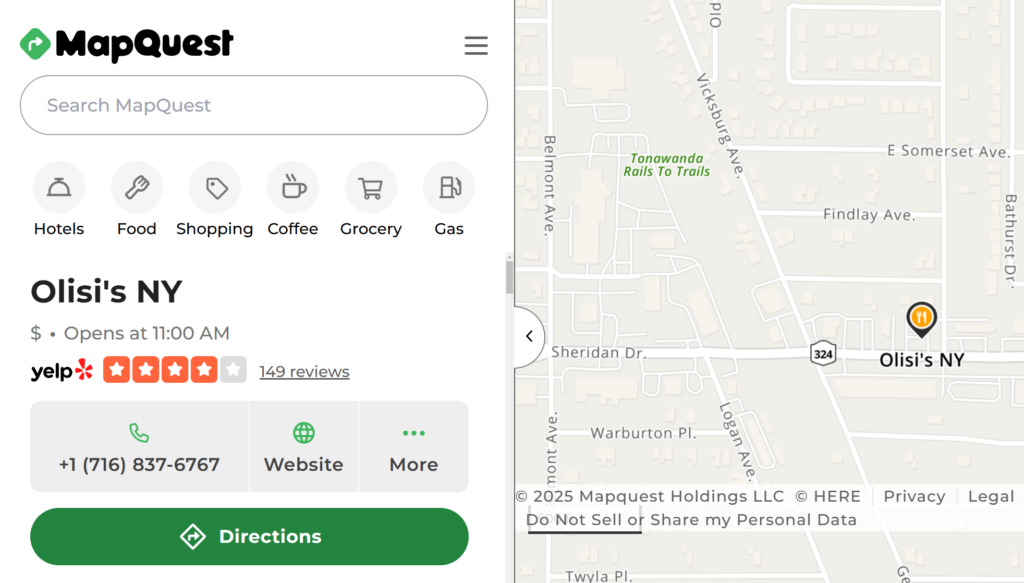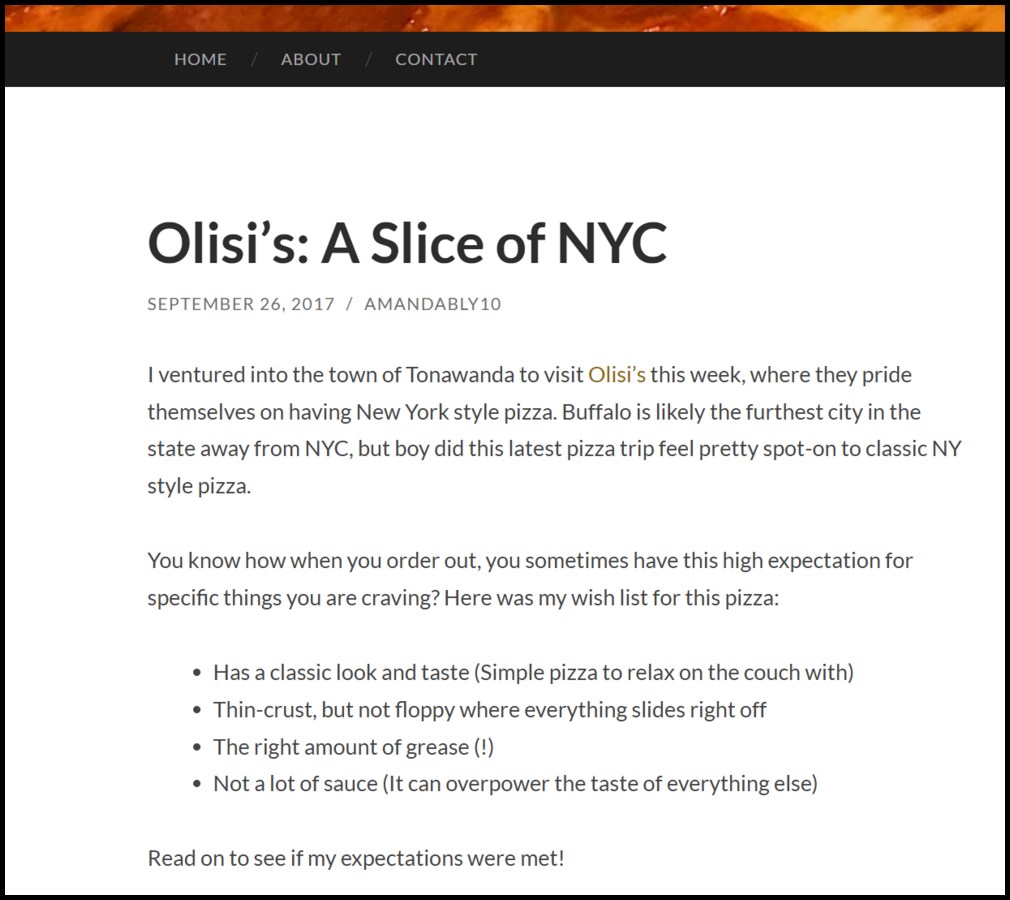One of the most common questions in SEO, especially from my course students and Facebook group members, is:
What is the difference between citations and backlinks?
The confusion is understandable, but the distinction is actually quite simple. In this post, I’ll break it down in a way that makes sense, so you can leverage both effectively in your SEO strategy.
Watch Along:
What Are Citations?
Citations refer to submitting your business information to directories across the web. Think of them as the online equivalent of listing your business in traditional phone books.
Examples of citation websites include:
- Yelp
- Google Maps
- Apple Maps
- MapQuest
- LinkedIn Business Pages
- Facebook Business Pages
When you submit your business to these directories, you typically include key details such as:
- Business name
- Address
- Phone number
- Website link
- Business email
While citations technically include backlinks (since they contain a link to your website), their primary purpose is not to drive traffic. Instead, search engines like Google use citations to verify the legitimacy of your business.
The Importance of NAP Consistency
In local SEO, you’ll often hear the term NAP, which stands for:
- Name
- Address
- Phone number
Maintaining consistency across all citations is crucial. In the past, even minor formatting differences—such as writing “Apartment 45” versus just “45”—could cause SEO issues. While Google has become more sophisticated, it’s still best practice to ensure your business details remain uniform across all directories.
What Are Backlinks?
Unlike citations, backlinks are links from other websites to your website—preferably from authoritative, high-traffic sites. Backlinks help your website gain:
- Authority – Search engines see backlinks as votes of confidence, improving your rankings.
- Traffic – Unlike citations, backlinks are meant to bring real visitors to your site.
- SEO Value – A strong backlink profile helps your site rank higher in search results.
Backlinks are typically earned through:
- Guest posting – Writing articles for other websites in exchange for a link.
- Podcasts & Interviews – Being featured on podcasts or websites with a link back to your site.
- Content collaborations – Partnering with other creators to share valuable content.
Example: Citation vs. Backlinks
Let’s take an example from Olisis New York Style Pizza:
Citation Example – Their business is listed on MapQuest, a directory site that verifies business information but doesn’t necessarily drive traffic:

Backlink Example – A local food blog writes about their pizza and links to their website. This backlink boosts their authority and brings potential customers to their site:

Key Differences Between Citations and Backlinks
To summarize:
- Citations = Business directories that confirm your business exists (good for local SEO).
- Backlinks = Links from other websites that help drive traffic and improve rankings.
Both are important for SEO, but they serve different purposes.
Want to Master SEO?
If you’re serious about learning real-world SEO strategies, I’m offering limited-time enrollment in my SEO Master Bootcamp.
Why Join?
✅ 200+ videos (16+ hours of training)
✅ Access to all my current & future products
✅ Lifetime support from an exclusive SEO community
✅ Direct mentorship from me
Click the button below to get instant access before enrollment closes!
Got questions or thoughts on citations vs. backlinks? Drop a comment below! 🚀


